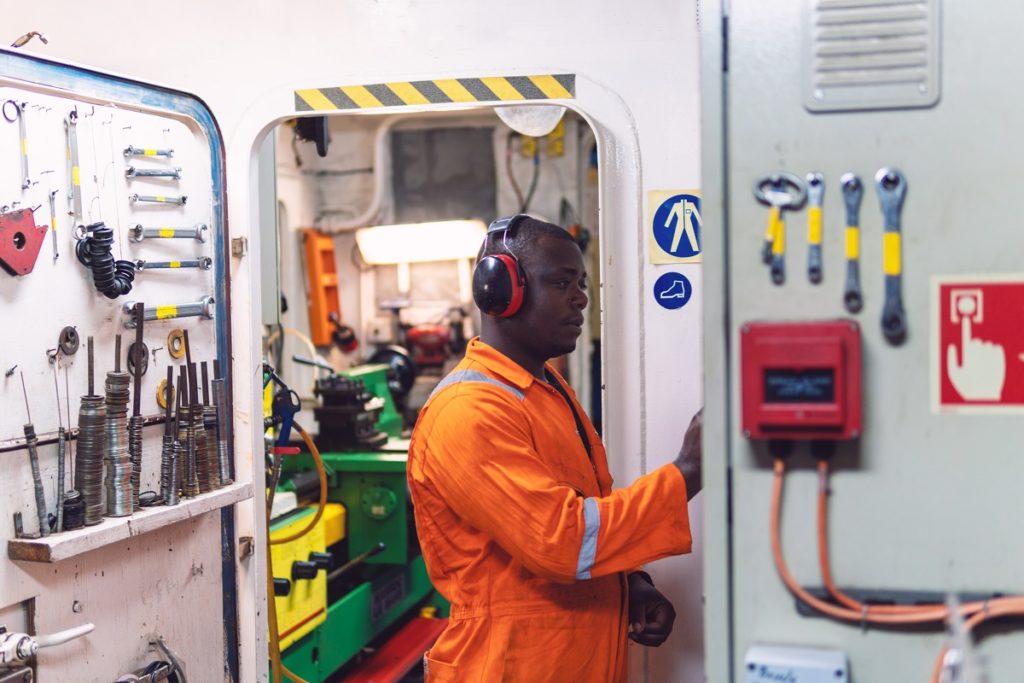The past few weeks have brought unprecedented changes to our daily lives. As our nation continues to watch and wait for what will come next in the coronavirus/COVID-19 pandemic, the maritime attorneys at Lambert Zainey want to share some important safety information with the nation’s maritime workers, many of whom are still hard at work in ports, on ships and on offshore oil rigs.

Preventing the Spread of Illness in Close Quarters
While cruise ships were at the forefront of the news in the coronavirus pandemic, workers on all types of vessels and offshore rigs are at risk of quickly spreading illnesses because of the close quarters they live and work in.
Here are some recommendations on steps to slow transmission of respiratory illness:
Patients suffering from COVID-19 infections have experienced everything from little-to-no symptoms to severe illness and death. The incubation period for the virus is believed to be 2–14 days.
When Someone Onboard Is Sick
Anyone onboard a ship or offshore rig who is suspected of coronavirus should immediately be isolated to minimize the spread of the virus. Reference the U.S. Centers for Disease Control and Prevention’s COVID-19 website for the latest information on evaluating patients on a vessel who may be sick with or who have been exposed to COVID-19 and other important information on steps to take.
The CDC recommends the following in handling patients suspected of coronavirus infection:
Ships destined for a U.S. port of entry are required by the CDC to immediately report to the CDC Quarantine Station any death onboard or illness that meets CDC’s definition of “ill person.” This includes possible CLOVID-19 cases.
Per the CDC’s standard required reporting requirements, they will need information such as:
Ships that have an ill crewmember while on international voyages will need to complete the Maritime Declaration of Health and send to the competent authority, according to the 2005 International Health Regulations and the national legislation of the country of disembarkation.
For more than 40 years, Lambert Zainey has been protecting the rights of maritime workers. If you have been injured in your maritime job, contact us today for help exploring your legal right to compensation. We hope you and your families stay safe and healthy during this difficult time.
